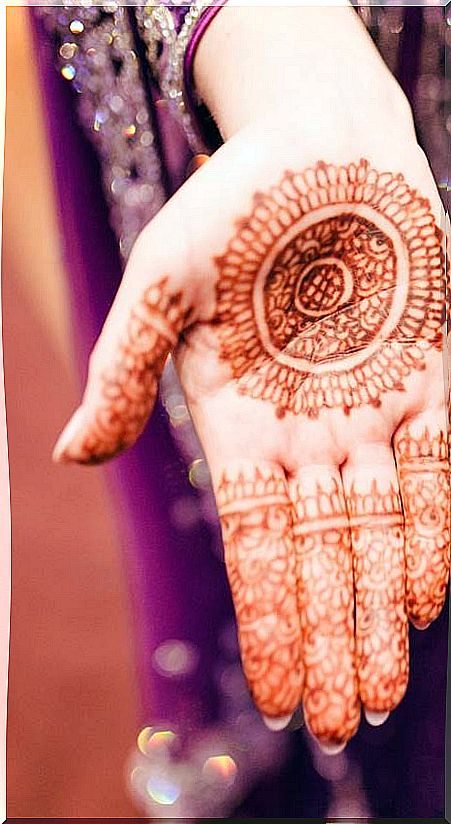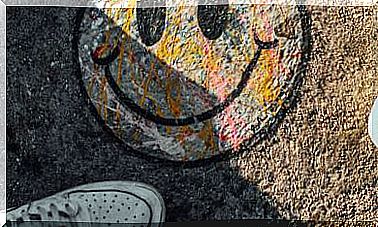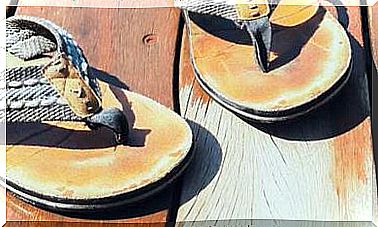Is Using Henna To Dye Your Hair Or Get Tattoos Safe?
Many people turn to henna as an alternative to chemical pigments with harmful ingredients. Henna tattoos are also becoming popular. We explain if you can use it without problems or if you should be careful.

The ancient Egyptians already knew henna as a vegetable dye and used it to dye their hair, nails, and fingers. Today, henna is still used in cosmetics, mainly to color hair.
In other countries and cultures, such as Morocco or India, people often use henna on special occasions, for example at a wedding. They decorate their hands with ornate ornaments, often symbolic or ritually significant ( mehndi paint , in India, Pakistan, and Bangladesh).
In our country you can also get henna tattoos or paint them yourself on your skin using stencils. There are also establishments that offer tattoos at reasonable prices.
Safe natural henna
Henna ( Lawsonia inermis ) contains a pigment called lawson, responsible for the red-yellow color. To apply it, the leaves are left to dry and ground into powder.
In 2013 the European Union confirmed that henna, applied with traditional methods, is safe for health. Experts expressly refer to pure and natural henna powder, which is used as a hair dye. To be sure that the chosen preparation is of quality and does not contain additives, you can choose products with a natural or organic certification.
Hair dyes made from henna permanently color hair. For coloring, the powder is mixed with boiling water into a paste that is applied to the hair while it is still warm. The dough has a strong odor. There are also ready-to-use mixes.
To achieve a long-lasting effect, the henna mixture must act for up to two hours or more. The longer the exposure time, the more intense the result will be. During this time, the henna reacts with the hair proteins, the keratins, to achieve a permanent color.
The result will be different shades of red depending on the type of hair, the color itself and whether the hair was pre-treated with some other product.
Benefits of natural henna
Henna is not only a harmless dye, it is beneficial for your hair. In traditional natural medicine, henna has antifungal properties that can be used to control dandruff and hair loss.
Henna also contains vitamin E, proteins and antioxidant compounds that protect the hair structure and keep it supple and soft.
And unsafe artificial “black henna”
Some “black henna” hair dyes mix it with a conventional and troublesome dye such as paraphenylenediamine (PPD). This artificially synthesized ingredient is an endocrine disruptor, it can cause allergic reactions. In short, “black henna” is not recommended.
The “black henna” is also not recommended for temporary tattoos due to its high allergenic risk, since it remains on the skin for a long time. It can cause itching, painful redness and swelling, symptoms of contact eczema.
In “black henna” skin decorating inks, PPD can be found in higher proportions than allowed in hair dyes.
Skin reactions generally develop within two to ten days. Sometimes inflammation and open wounds even develop , which heal very slowly. It is not uncommon for unsightly scars, discoloration and increased sensitivity to light of the skin to remain for the rest of life.
The allergy to PPD can also extend to other similar products found in cosmetics and textiles.
How to distinguish natural henna from “black henna”? Color is a good clue. Henna is red-orange. Black henna, as the name suggests, has a very dark color.









